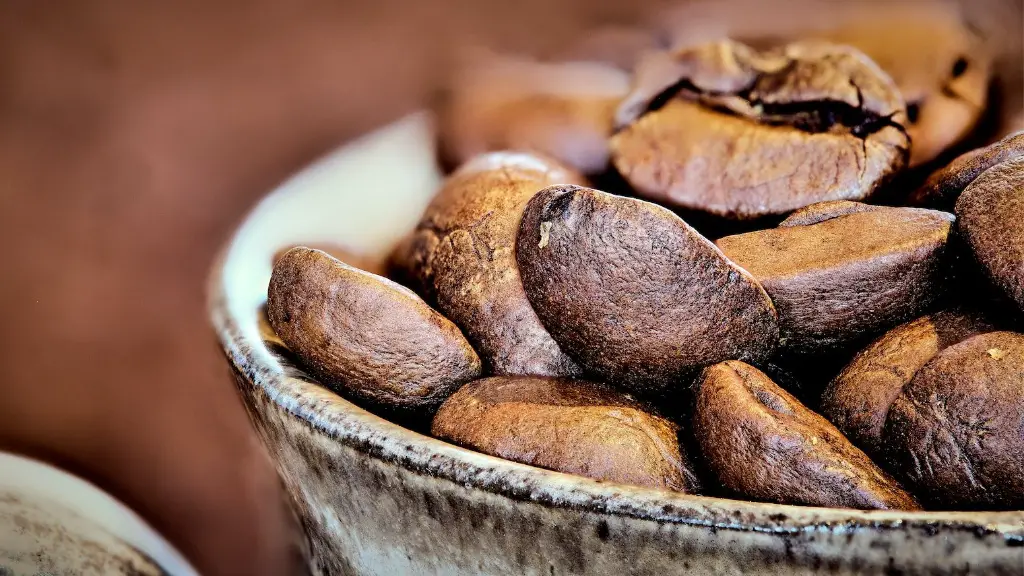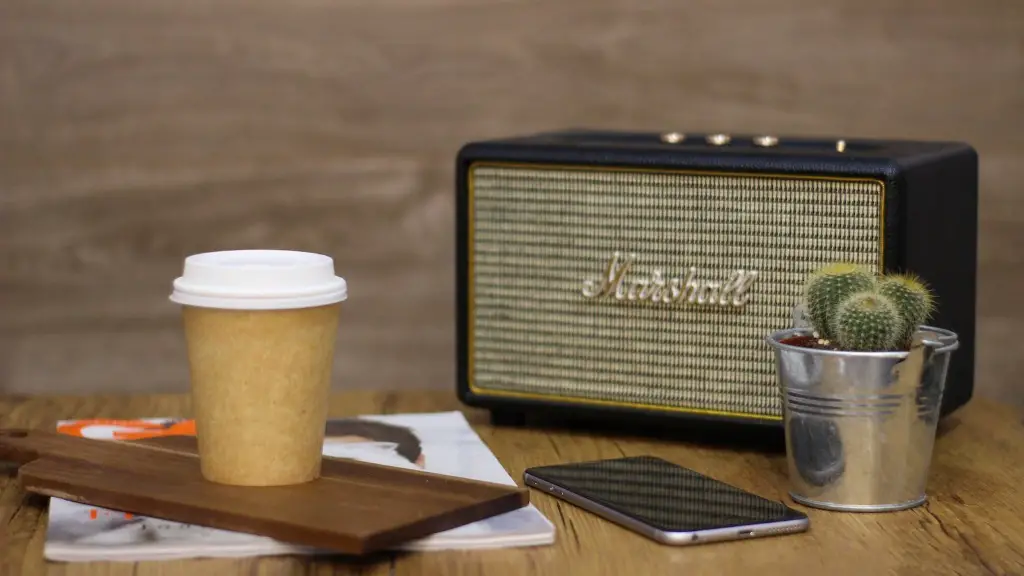Coffee is among the most beloved of morning drinks and many of us drink it to start the day. But what about using coffee for the purposes of repelling mosquitoes? It is an interesting proposition and one that has been generating a lot of speculation of late. Does drinking coffee really have the power to keep mosquitoes at bay? The answer is a bit complicated and will ultimately depend on the individual.
The main compound in coffee that is thought to have an effect on repelling insects is caffeine. This is also the same compound that gives coffee drinkers an energy boost when drinking it. Studies have linked the presence of caffeine to a decrease in mosquito activity. This has lead to some placing conflicting trust in the concept that drinking coffee repels mosquitoes.
Despite the interesting theories behind this notion, thus far there is no evidence to substantiate the claim that drinking coffee will repel mosquitoes. That being said, numerous studies do support the conclusion that caffeine has an effect on mosquitoes. A study conducted by NIH in 2019 found that the presence of caffeine caused a reduction of mosquito activity in the laboratory setting. Additionally, a study conducted in 2017 found that mosquitos that were exposed to a mixture of liquid caffeine had a much lower chance of biting the observers in the experiment.
So, does drinking coffee repel mosquitoes? There is no definitive answer as of yet. Many experts claim that the best way to avoid insect-related nuisances is to rely on traditional methods such as clothing and insect repellent. Even though there is no concrete evidence that drinking coffee has an effect on mosquitoes, the NIH study showed that the presence of caffeine in the vicinity ofmosquitoes caused some of the insects to engage in less active behavior. This could indicate that those who live in regions with high mosquito populations could benefit from drinking more coffee.
However, more research is needed in order to definitively state whether or not drinking coffee does actually repel mosquitoes. Any claims about this should be taken with a grain of salt as many variables can affect the efficacy of repelling insects when attempting to use caffeine.
Cultural Influences
A different aspect to consider when it comes to the effect of coffee on mosquitoes is the cultural influences involved. Different cultures generally have different preferences when it comes to coffee and using it to repel insects is not tremendously widespread. In the United States, coffee is widely consumed and accepted as a beverage with positive health benefits. In other parts of the world, coffee is not always seen as a “healthy” drink and, as a result, is not consumed as frequently in those areas. Therefore, the potential of coffee to repel mosquitoes is not as widely understood in these regions.
This cultural stereotype is also reflected in the types of coffee consumed in different parts of the world. For example, espresso is more popular in Europe than other types of coffee, while cafe con leche is more widely consumed in Latin America. These cultural influences may play a part in the potential effect that coffee could have on mosquitoes. In places where coffee is not widely consumed, it is unlikely that drinking it would have a significant effect on insect activity.
In addition, it is worth noting that the effects of caffeine on mosquitoes may depend on several factors such as the type of mosquito and the amount of caffeine present. This means that the potential of using coffee as a mosquito repellent could vary depending on where a person lives and the type of coffee they consume. Therefore, the potential of coffee to repel mosquitoes should not be taken too seriously.
Conclusion
Despite the numerous studies that have found some promising evidence to suggest that caffeine has an effect on mosquito activity, the belief that drinking coffee can repel mosquitoes is largely unfounded. This is to say that, while there may be some truth to the idea that coffee could help to repel mosquitoes, drinking coffee is by no means a sure-fire solution to avoiding insect bites. Therefore, any claims about the efficacy of using coffee in this way must be taken with a grain of salt.
Alternate Solution
For those who are looking for an alternate solution to avoiding insect bites, utilizing traditional methods such as wearing clothing that covers exposed skin and using insect repellent can be a safer and more effective way to keep mosquitoes at bay. Additionally, eliminating any standing water around your home is also a great way to reduce the population of mosquitoes in your area.
It is also worth pointing out that a lot of the research conducted on the potential use of caffeine to repel mosquitoes has been done in a laboratory setting. This means that the potential effect of caffeine on mosquitoes in the real world is still largely unknown. As a result, it is best to rely on the more established methods of avoiding bites until further research can definitively state whether drinking coffee does indeed have an effect on mosquitoes.
Environmental Factors
For those looking for a natural solution to avoiding mosquito bites, it may be worth considering the environment in which one lives. For example, living in a densely wooded or marshy area may increase the presence of mosquitoes compared to a more sparsely populated area. Therefore, one of the most effective ways to repel mosquitoes may be to avoid living in regions where the mosquito population is high.
Additionally, for those living in a more densely populated area, the use of insect repellent and covering up exposed skin can be incredibly effective in avoiding bites. Additionally, many people often forget to close doors and windows when not in use, which can leave one vulnerable to being bitten by mosquitoes. Therefore, it is also important to remember to keep doors and windows closed when not in use.
Overall, the evidence on the potential of coffee to repel mosquitoes is inconclusive. While some studies have shown that the presence of caffeine does reduce mosquito activity in laboratory settings, the effects of this compound in the real world are largely unknown. Therefore, it is best to rely on traditional methods of avoiding insect bites such as insect repellent and covering up exposed skin.
Coffee as A Pleasant Prevention Tool
Despite the inconclusive evidence when it comes to the efficacy of coffee to repel mosquitoes, there is still some potential to use it as a pleasant prevention tool.Many people enjoy the taste of coffee and may find solace in the idea that simply enjoying their morning cup of joe could make them less attractive to insect pests. This could be a great way to make sure one is actively taking preventative measures against biting insects even if it does not always work in the long run.
Furthermore, for those living in areas where mosquitoes are common, having an additional layer of confidence in one’s ability to repel these pests could be reassuring. For example, those who live in arid or humid climates may be especially vulnerable to mosquito-related illnesses. Knowing that one is taking additional measures to reduce their chances of being bitten could be comforting and make them feel as if they are taking precautions to protect themselves.
Overall, drinking coffee as a measure of protection against mosquitoes is an unproven theory. While some potential efficacy exists, it is best to rely on more established methods such as insect repellent and protective clothing to truly avoid these pesky pests. Additionally, simply enjoying a delicious cup of coffee could make one feel a bit more at ease knowing that they are taking additional steps to protect themselves, even if it is not scientifically proven.




